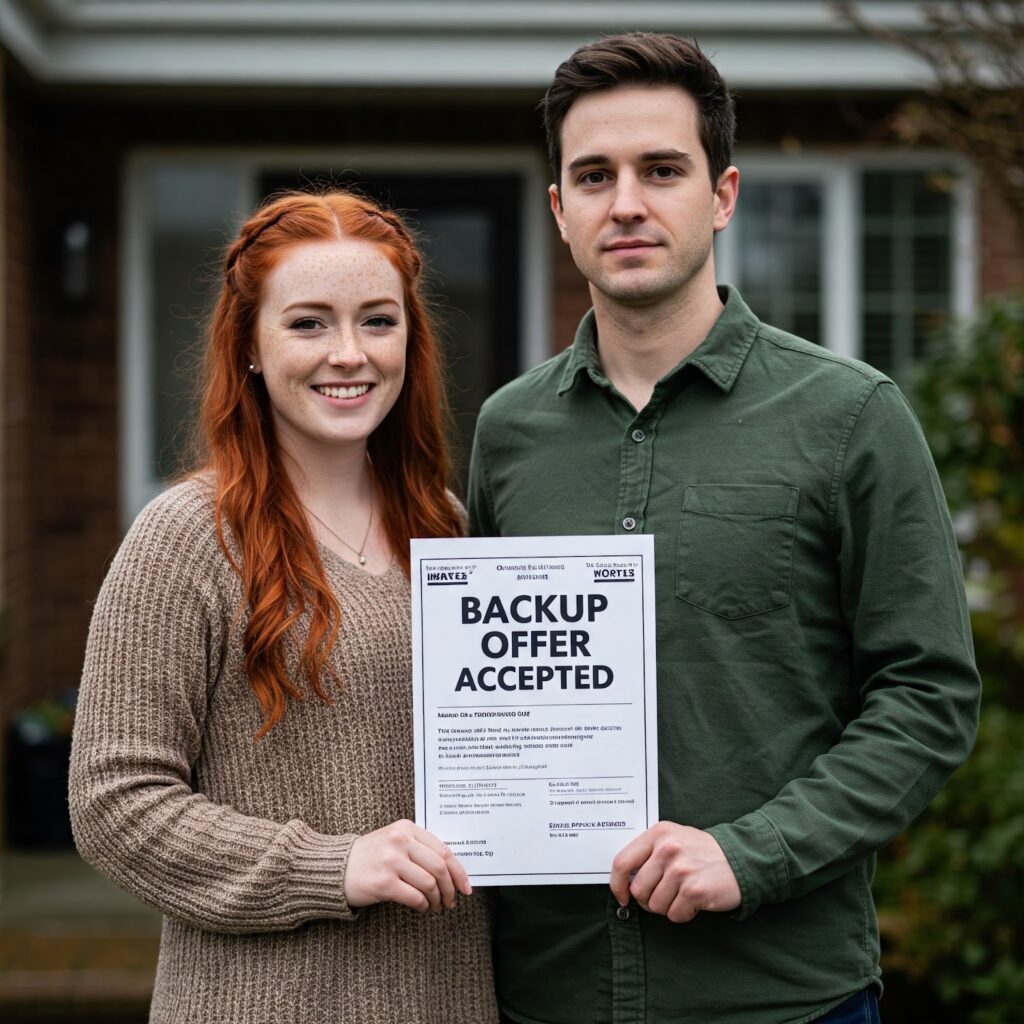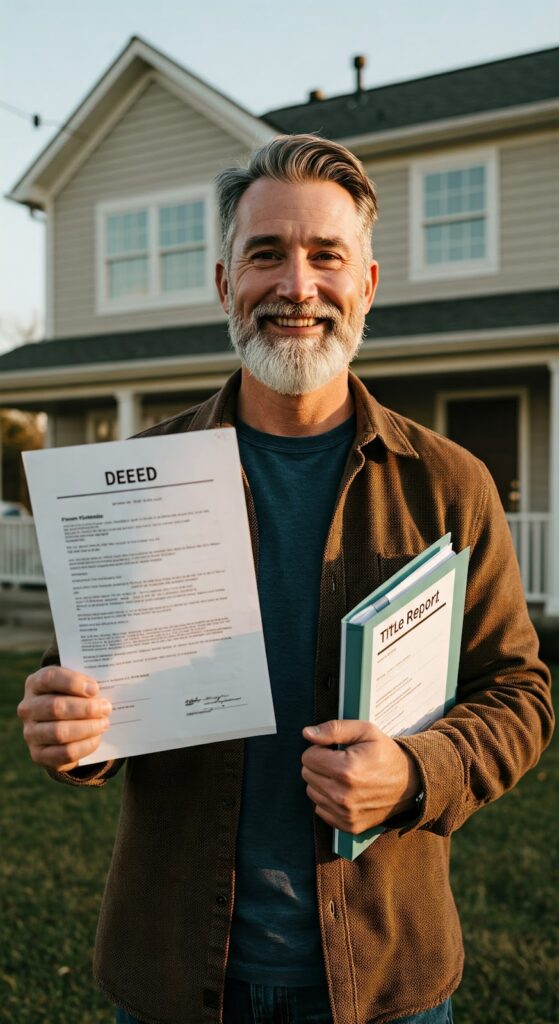What Should I Know About Buying a Home With a Well and Septic System?
1. Always Inspect Both Systems Before You Close A traditional home inspection might not cover the well and septic in detail—so request separate inspections from licensed specialists: A well inspection will test water quality (for contaminants like bacteria, nitrates, or arsenic) and check the flow rate A septic inspection ensures the tank and drain field are working properly and […]











